A technical glitch prevented a story from reaching our email subscribers earlier today, so in case you missed it:
Like Retraction Watch? Consider making a tax-deductible contribution to support our growth. You can also follow us on Twitter, like us on Facebook, add us to your RSS reader, sign up on our homepage for an email every time there’s a new post, or subscribe to our daily digest. Click here to review our Comments Policy. For a sneak peek at what we’re working on, click here.
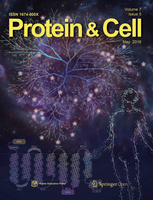 A
A 
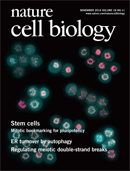 A
A  Earlier this month, BioMed Central and Springer announced that they were
Earlier this month, BioMed Central and Springer announced that they were 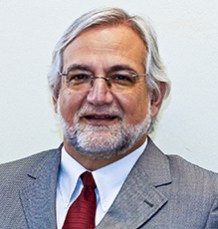

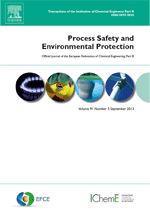 After five years, Elsevier has
After five years, Elsevier has 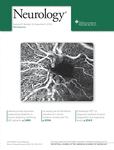 A new analysis of more than 30 clinical trials co-authored by a bone researcher based in Japan is casting doubt on the legitimacy of the findings.
A new analysis of more than 30 clinical trials co-authored by a bone researcher based in Japan is casting doubt on the legitimacy of the findings.